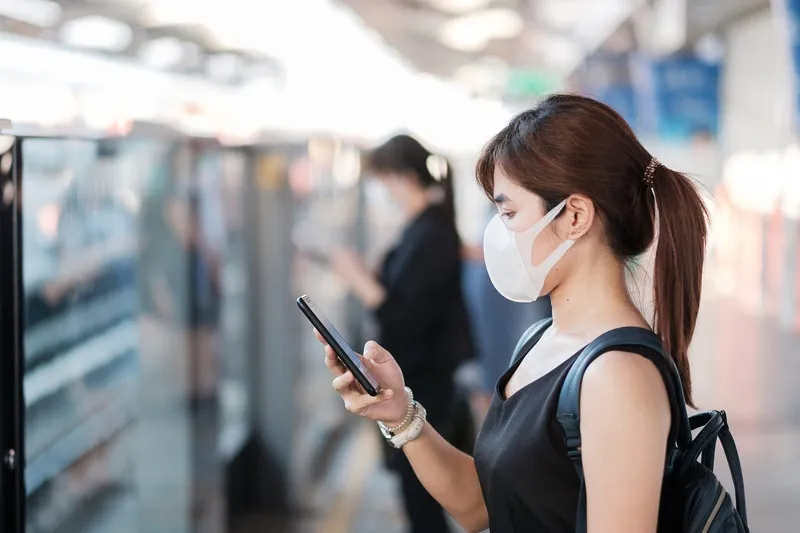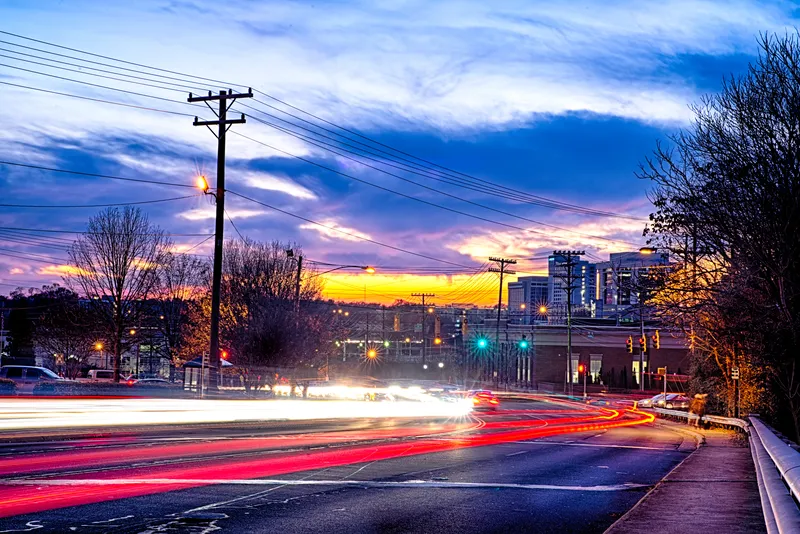
South Korean tech firm Suprema has launched a biometric solution which it says can detect and notify when people are not wearing face masks in mandatory locations such as transit terminals.
The FaceStation F2 Fusion Multimodal Terminal can be combined with Suprema's thermal camera to detect and identify individuals with elevated skin temperature, the company adds.
Suprema CEO Young S. Moon says: “Our new FaceStation F2 provides the mission critical identity management, and health and safety capabilities that organisations need today to get employees back to workplaces.”
The company insists its solution optimises infrared and visual face recognition to produce authentication results with a low false acceptance rate of one in 10 billion.
FaceStation F2's deep-learning fusion algorithm is expected to provide face recognition regardless of user ethnicity and face changes.
According to Suprema, the solution also offers other means of authentication including contactless facial recognition, fingerprint and card while also enabling identification with biometric data saved on cards. It can register up to 100,000 users' fingerprints or 50,000 users' face data, Suprema claims.
It is built on the Android platform and encrypts all biometric credentials to help protect personal information from cyber theft, the company concludes.
Suprema is not alone in its effort to ensure people follow the rules around face coverings.
Earlier this year, French authorities started using artificial intelligence software provided by DatakaLab to track face covering compliance.








